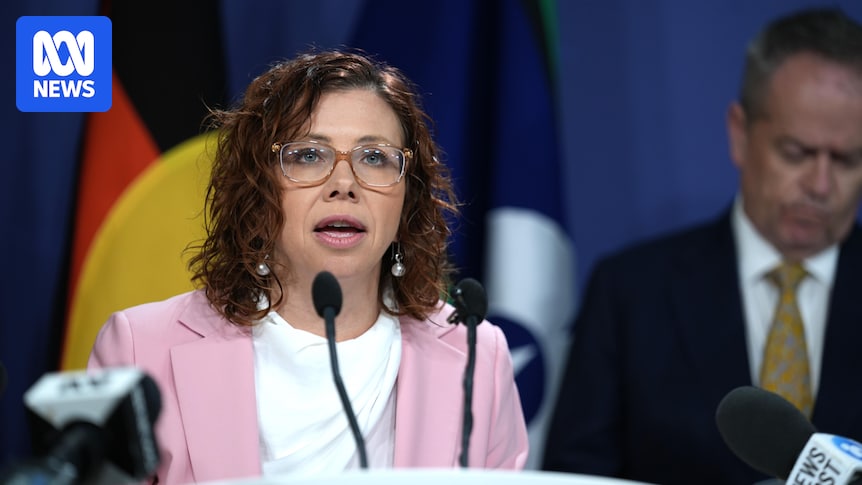
The federal government is moving forward with its promise to establish a national Environmental Protection Agency (EPA), a key commitment made during the last election. However, the debate over whether the environment minister or the agency’s chief executive should hold final decision-making authority has sparked political contention.
The Coalition, along with several stakeholder groups, insists that the environment minister should retain ultimate control. Shadow Environment Minister Angie Bell has indicated that while the Coalition is open to discussions, they are not inclined to compromise without reviewing the proposed legislation first.
“Well, certainly this is about an EPA and what that EPA looks like. We already have seven EPAs around the country, and to have a federal EPA may risk doubling up on that red tape and green tape and actually blowing out approval time,” Bell stated.
Environmental Legislation and Political Dynamics
The Coalition has expressed a willingness to collaborate with the government on reforming the Environmental Protection and Biodiversity Conservation (EPBC) Act. Bell emphasized the importance of these reforms in delivering certainty for industries and jobs while also safeguarding the environment.
Speaking on ABC Radio National Breakfast, Bell criticized Labor for not having reformed the EPBC Act despite having three years to do so. She stressed the need for both major parties to unite for sensible reforms.
“My door is open to Labor to make sure that the reforms we undertake in the EPBC Act are delivering certainty that I talked about for industry and jobs and the future, but also to protect our environment,” Bell said.
Climate Policy Under Review
The Coalition is also in the process of reviewing its emissions energy policy, with the Business Council of Australia highlighting the urgency of addressing climate change. The council asserts that meeting Australia’s emissions reduction targets is feasible and necessary.
Bell, however, refrained from committing to a specific 2035 emissions reduction target, stating that the Coalition would respond once the government outlines its targets. She affirmed the Coalition’s belief in climate change and their engagement with various organizations to inform their energy policy review.
“Climate change is real. We don’t deny the science. I believe in climate change like everybody else does,” Bell remarked.
International Relations and Defense
Meanwhile, Prime Minister Anthony Albanese participated in a meeting of the Coalition of the Willing, a collective of Western nations supporting Ukraine against Russia. Convened by French President Emmanuel Macron, UK Prime Minister Keir Starmer, and Ukraine’s President Volodymyr Zelenskyy, the meeting reaffirmed the coalition’s commitment to Ukraine.
“Australia stands with Ukraine in its fight against Russia’s illegal and immoral invasion. With our partners, we will keep working towards just and lasting peace for Ukraine on its own terms,” an Australian readout noted.
Although Australia is not among the 26 countries that have pledged to deploy troops, the federal government remains open to considering requests for assistance.
Australia-US Relations
Employment Minister Amanda Rishworth commented on Prime Minister Albanese’s recent call with US President Donald Trump, describing their relationship as “warm.” Despite the lack of an in-person meeting, Rishworth defended the ongoing communication between the two leaders.
“Four phone calls, you know, sometimes I don’t get my friends but I’m on the phone,” Rishworth explained.
Liberal senator Jane Hume, however, urged Albanese to secure a face-to-face meeting with Trump, emphasizing the importance of advancing the AUKUS agreements.
In conclusion, as Australia navigates complex environmental and international challenges, the government’s ability to balance domestic policy with global commitments will be crucial. The coming weeks will likely see further developments as both major parties continue to negotiate the intricacies of environmental legislation and climate policy.







